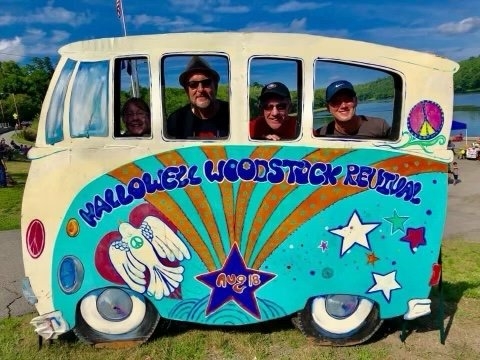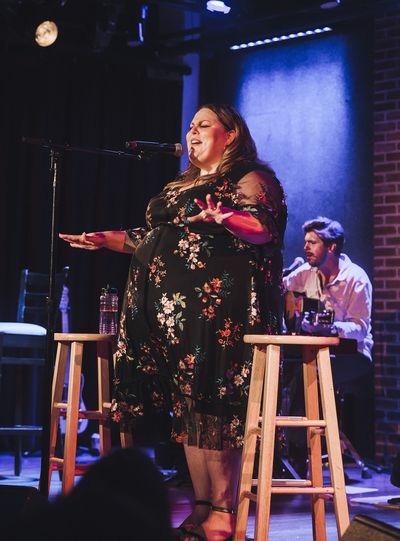At the center of Congo Square, Malik Bartholomew, our tour guide, said: “I would like you all to close your eyes in honor of the resilience and musicality of Africans enslaved on American soil.” Standing in the heart of Louis Armstrong Park, located in New Orleans, I felt this was a sacred place.
As I took a moment to soak in the air, something new came alive within me. It was a new understanding that music is more than a sound: music is also an emotion, a collective consciousness of a people, perhaps a comforting bowl of food and, at times, the polished touch of a saxophone. This off-campus study trip to New Orleans would show me sides to play that I never imagined.
Before St. Lawrence University, I thought music was only about the artist on the record, the music video, the concert stage or, if they were lucky enough, the Grammys. Being a musical artist myself, I based my love of soul, hip-hop and house music by growing up on these simple understandings. Back home in Lesotho, I started recording and releasing songs for the radio at the age of 15. During the interviews, I was only addressing the music itself, not the real identity of the girl behind the creativity, the environment she comes from and the emotions that inform her composition and performance. I have been disconnected from my profession. All of this would change with Professor Erik Johnson’s Rhetorical Traditions of the African World course in Spring 2019, which had a travel component in New Orleans, Louisiana.
In New Orleans, under the Code Noir of 1724, enslaved Africans could only connect with their repressed African spirituality, much of which is founded on music, at Congo Square. This has become the birthplace of much of the music enjoyed by America and the world today, especially jazz music. Learning this, I felt a new wave of respect for music and / or inspired by black Americans, overcoming me. Black music was born of pain and desire and this prompted in me a deeper appreciation of the musical history of many ethnic groups.
In New Orleans I discovered that music has a taste and a texture: it’s spongy and sweet, just like the puffs at Cafe du Monde. It is crunchy at times and you may have to queue in the blazing sun at the corner of Willie Mae’s in the Treme neighborhood to eat it. On other days it’s hot and spicy, like a bowl of Dooky Chase’s prawn etouffee, where we met Leah Chase, the crowned queen of Creole cuisine. Her menu carries the spirit of New Orleans, my late grandmother’s home, with a hint of an African country I couldn’t find on the map. I had the honor of not only eating Ms. Chase’s food, but also of talking to her and taking pictures, in her kitchen of Dooky Chase, just three months before her death.
In New Orleans, music has color. It could be emerald green, deep purple, and gold, like the beads and feathers that adorn much of New Orleans’ trees, fences, buildings, and tourists during Black Indian Mardi Gras season. The music also has different shades: it could have the rich browns of West Africa, the Caribbean or the glitter of France, North America and Spain.
In New Orleans, music has emotion. Bourbon Street liberated my soul with the sounds of 1920s jazz. Being in the French Quarter is like being in an exotic and romantic film about a getaway, floating on a cloud, or taking a reckless trip with the girls. The music even inspired some of us to venture from the hotel at midnight to experience the sounds of the Fat Catz Club in the French Quarter.
I took back with me the lessons of New Orleans and the consciousness of Congo Square, not only as an artist, but in my role as concert president for the Association for Campus Entertainment (ACE). Now I know that music is not a solo affair; it’s a valuable community affair. It is a place where students can come together to find relief in the midst of campus challenges. Music is taste, texture, as well as sound, and even in Canton, New York, we can close our eyes and honor the resilience and musicality of those Africans enslaved in Congo Square.



